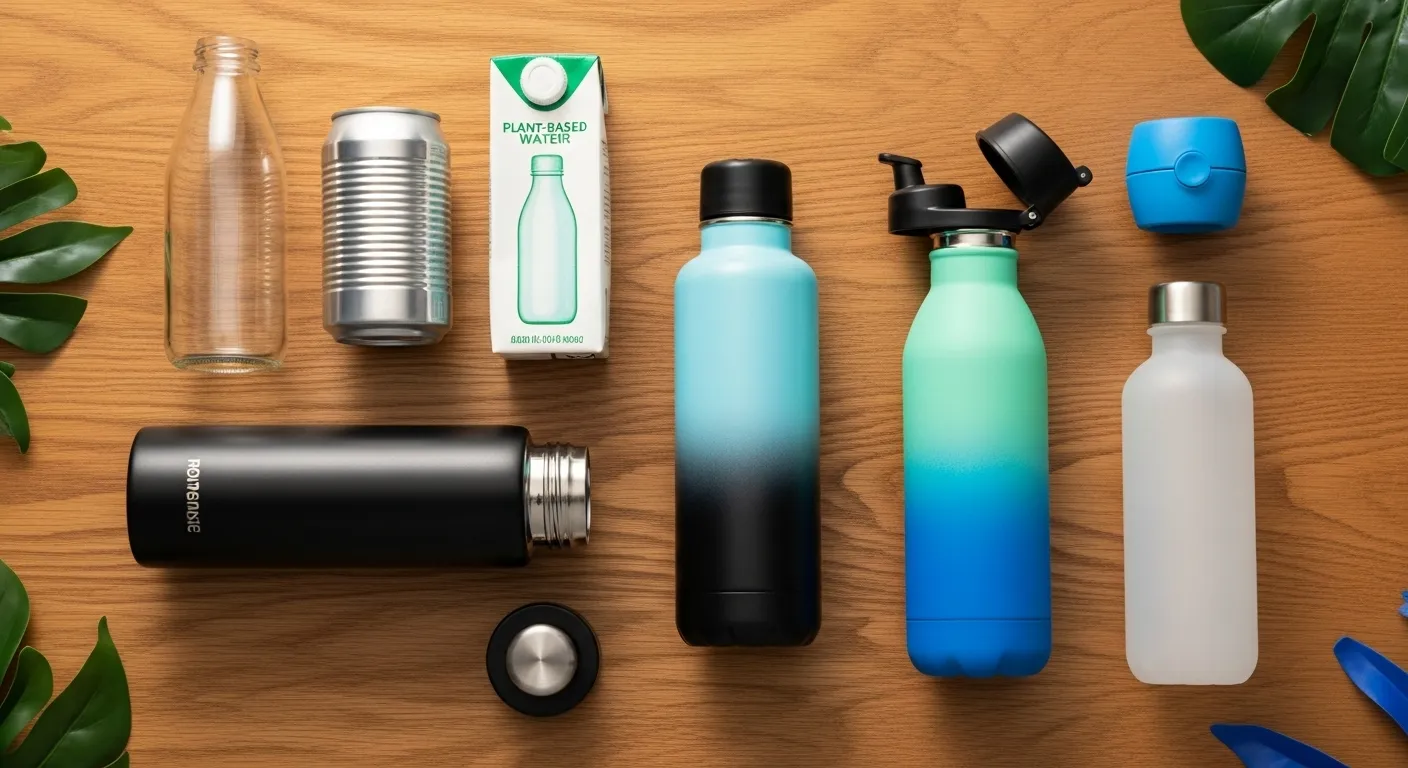
Tired of plastic waste? Discover practical, sustainable options that help the planet without sacrificing convenience.
Eco-friendly alternatives to plastic bottles include stainless steel, glass, aluminum cans, boxed water, plant-based bottles, and reusable BPA-free options.
Learn how these choices can reduce plastic waste and which is best for your lifestyle.
What Are the Most Popular Eco-Friendly Alternatives to Plastic Bottles?
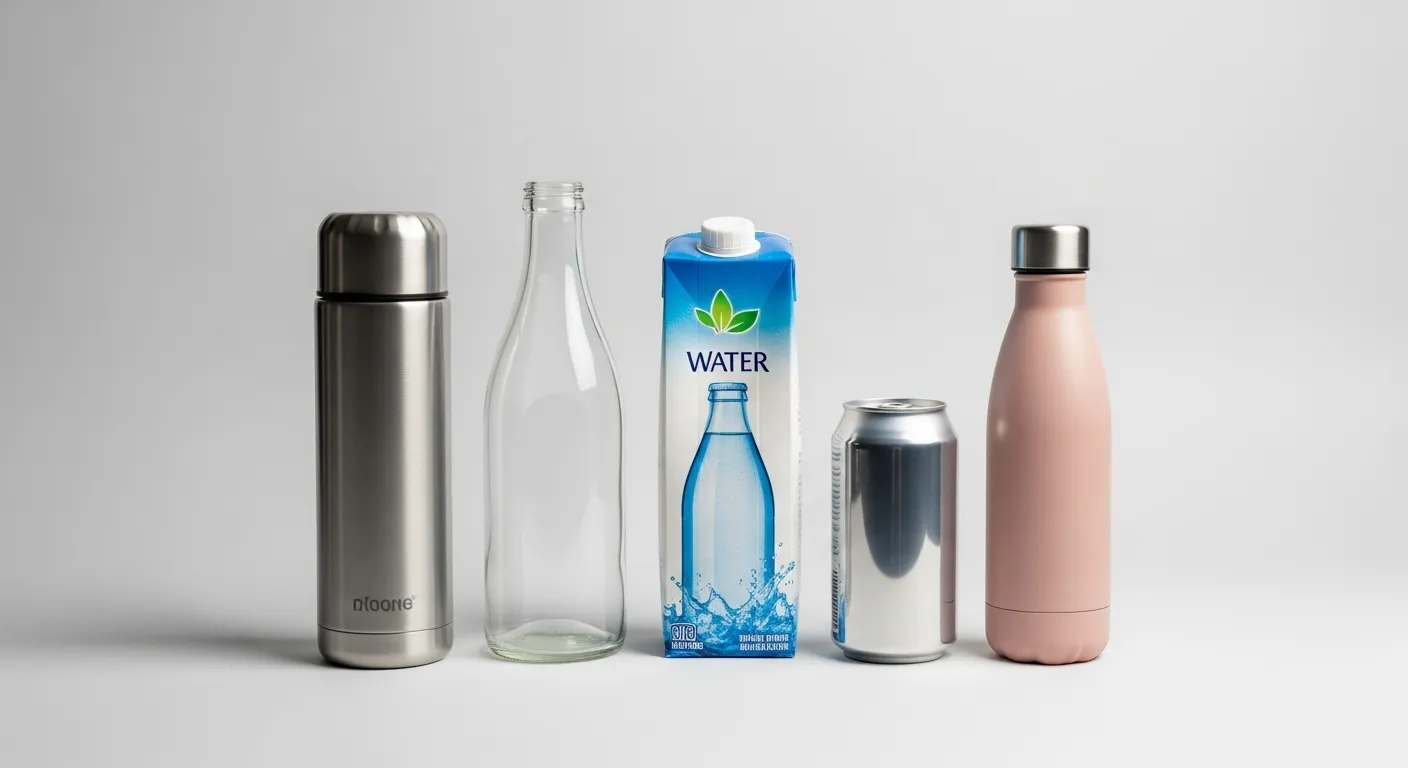
I made the switch from plastic and never looked back. Let me show you the top eco-friendly replacements.
Stainless steel, glass, boxed water, aluminum cans, and plant-based bottles are leading sustainable alternatives1.
Quick Comparison Table
| Type | Reusable? | Recyclable? | Durability | Best Use |
|---|---|---|---|---|
| Stainless Steel | Yes | Yes | Very High | Daily carry, sports, travel |
| Glass | Yes | Yes | Moderate | Home, office |
| Boxed Water | No | Yes | Low | Single-use, events |
| Aluminum Cans | No | Yes | High | Single-use, venues, festivals |
| Plant-Based Bottles | Yes | Yes | Moderate | Light-duty, casual carry |
| BPA-Free Plastic | Yes | Sometimes | Moderate | Budget-friendly reusable option |
Each has a different strength—pick based on how you use water daily.
How Do Stainless Steel Water Bottles Compare as an Eco-Friendly Option?
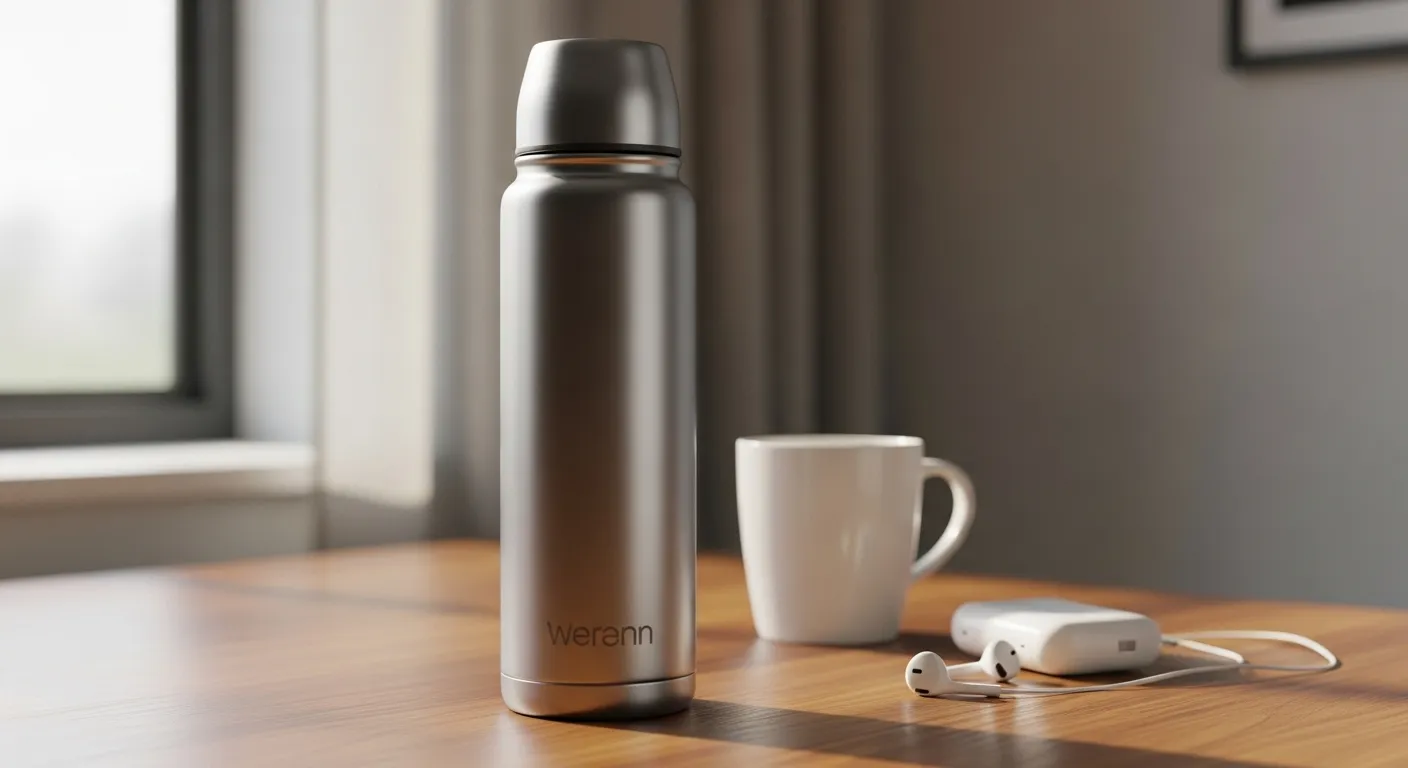
Stainless steel bottles are my go-to. They’re tough, sleek, and better for the planet.
Stainless steel bottles are reusable, recyclable, and long-lasting—offering the best balance of durability and sustainability2.
Why Stainless Steel Is a Smart Choice
- Insulated to keep drinks hot or cold
- Rust-resistant and easy to clean
- Recyclable with minimal degradation
- Long lifespan reduces need for replacements
They cost more upfront but pay off in the long run—both financially and environmentally.
Are Glass Water Bottles a Sustainable Alternative to Plastic?
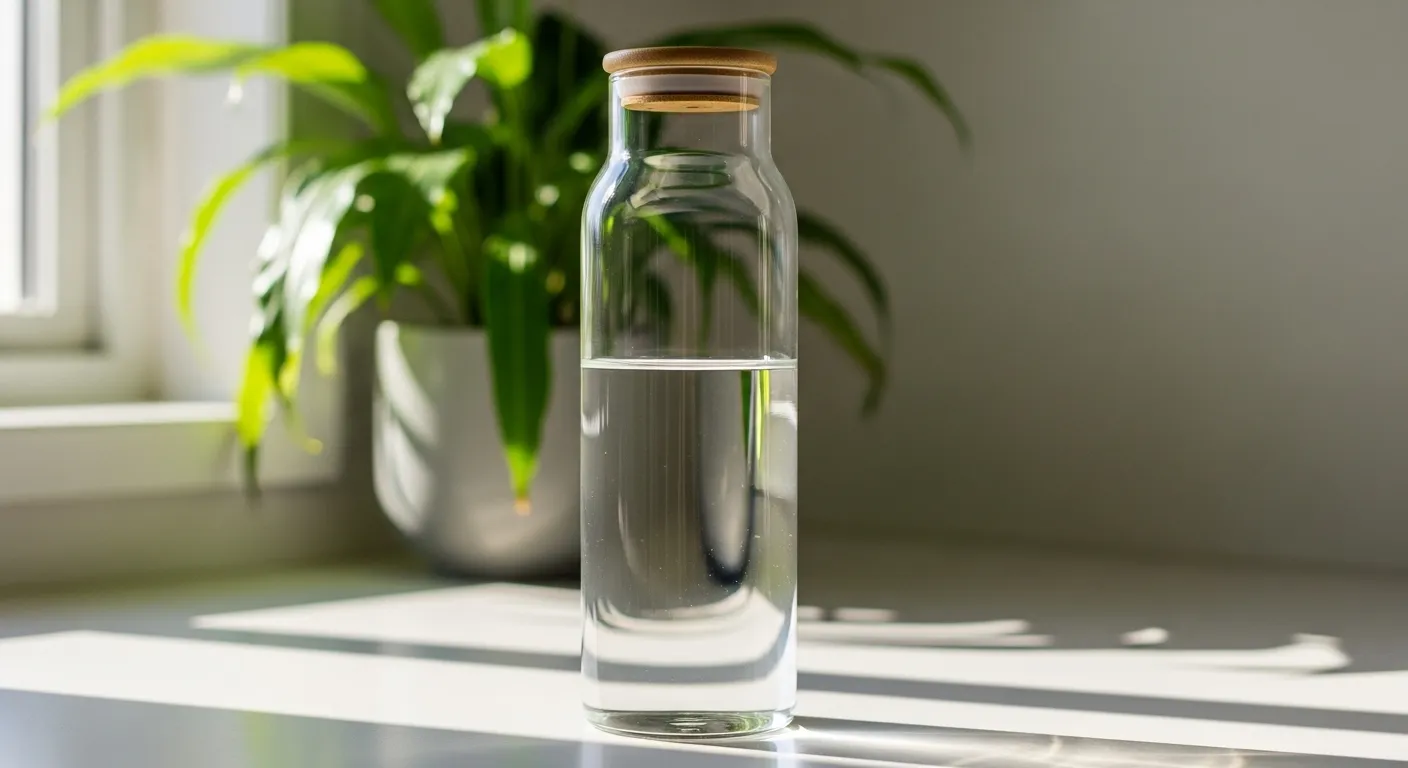
When I want purity of taste, I use glass—especially at home.
Glass bottles are recyclable and non-toxic3 but are fragile and heavier, making them best for stationary use.
Pros and Cons
Pros:
- No taste alteration
- Dishwasher safe
- Infinitely recyclable
Cons:
- Breakable
- Heavier than other materials
Great for your desk or kitchen—not ideal for hikes or drops.
What Are Boxed Water Bottles and How Eco-Friendly Are They?
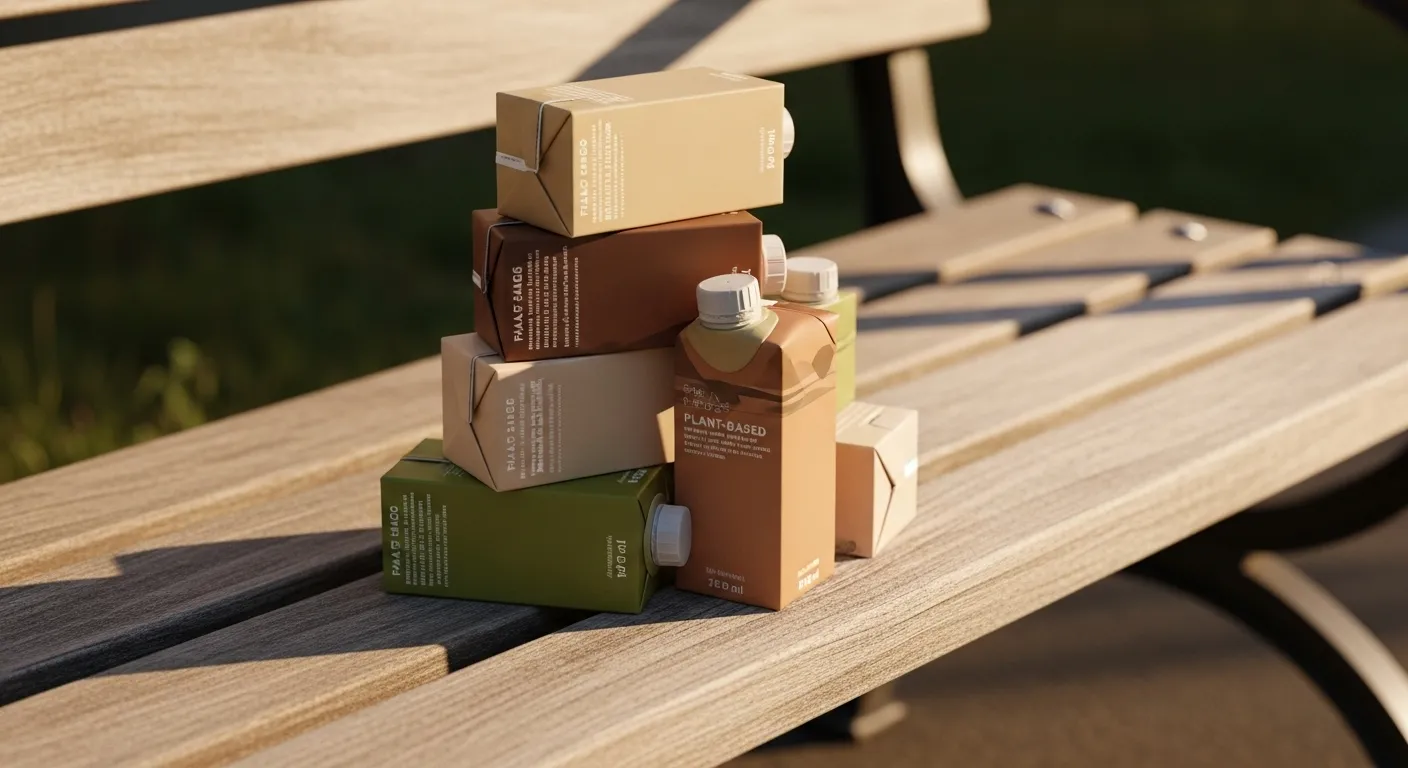
I grabbed a boxed water at an airport once—it felt better than plastic.
Boxed water bottles use plant-based cartons4 that are recyclable and have a lower carbon footprint than plastic.
Eco-Facts About Boxed Water
- 36% lower carbon footprint than plastic bottles
- Made from renewable materials (mostly paper)
- Easily recyclable in most areas
- Lightweight and portable
They’re still single-use, but they’re a cleaner version of it.
Can Plant-Based or Biodegradable Bottles Replace Plastic Bottles?
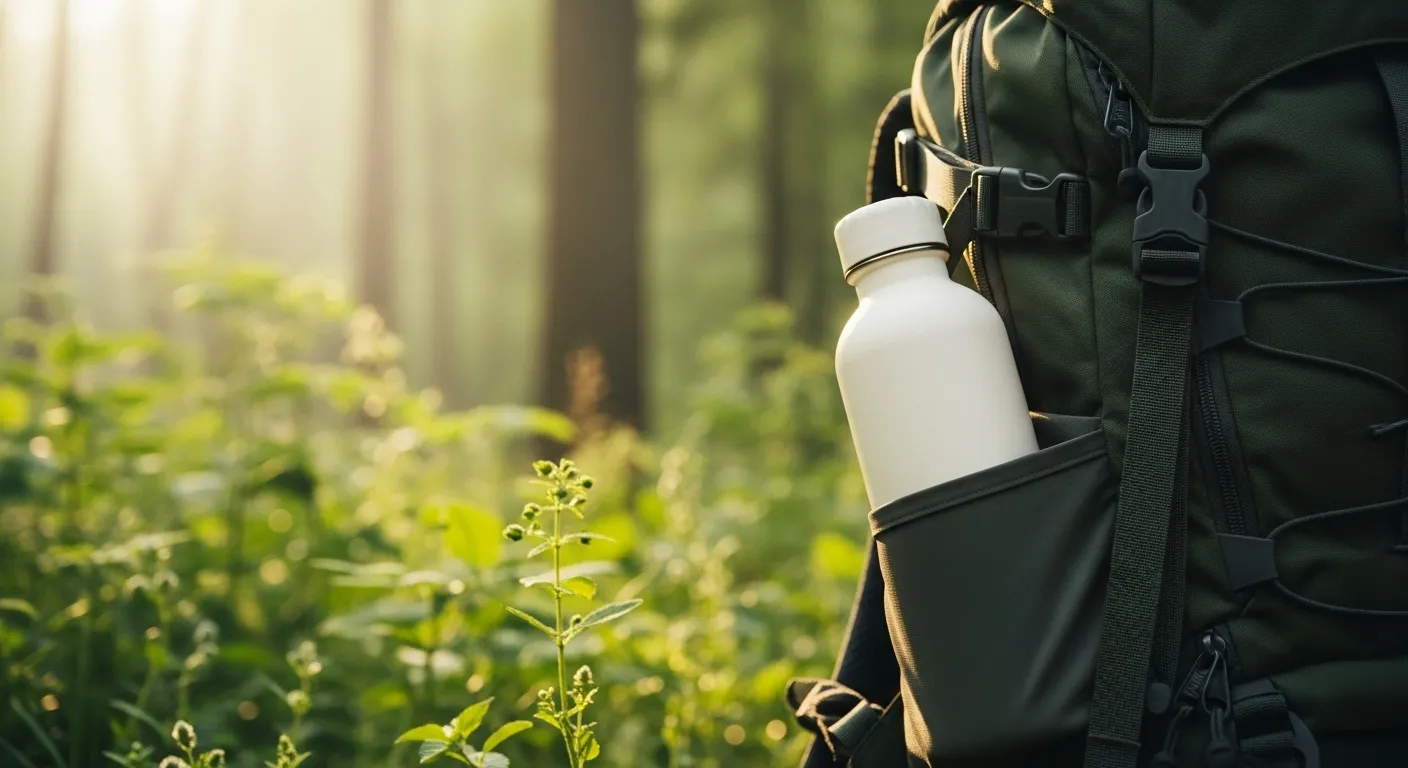
I tried a sugarcane-based bottle—lightweight and surprisingly sturdy.
Yes—plant-based bottles5 like those made from sugarcane are recyclable and renewable, offering a promising plastic substitute.
Plant-Based Bottle Insights
- Made from bioplastics derived from sugarcane or corn
- BPA-free and food safe
- 100% recyclable (but not compostable)
- Lower carbon footprint during production
Best for occasional use or short trips, not heavy-duty activities.
How Do Reusable Silicone Bottles Fit into Eco-Friendly Choices?
![]()
My foldable silicone bottle saves space when I hike—it’s flexible and light.
Silicone bottles are reusable, BPA-free, and compact6 but may wear out faster than stainless steel.
When Silicone Works Best
- Travel and backpacking
- Ultralight activities
- Emergency use or kids’ gear
While not as durable long-term, they are versatile and easy to carry.
What Are the Environmental Benefits of Using Aluminum or Canned Water?
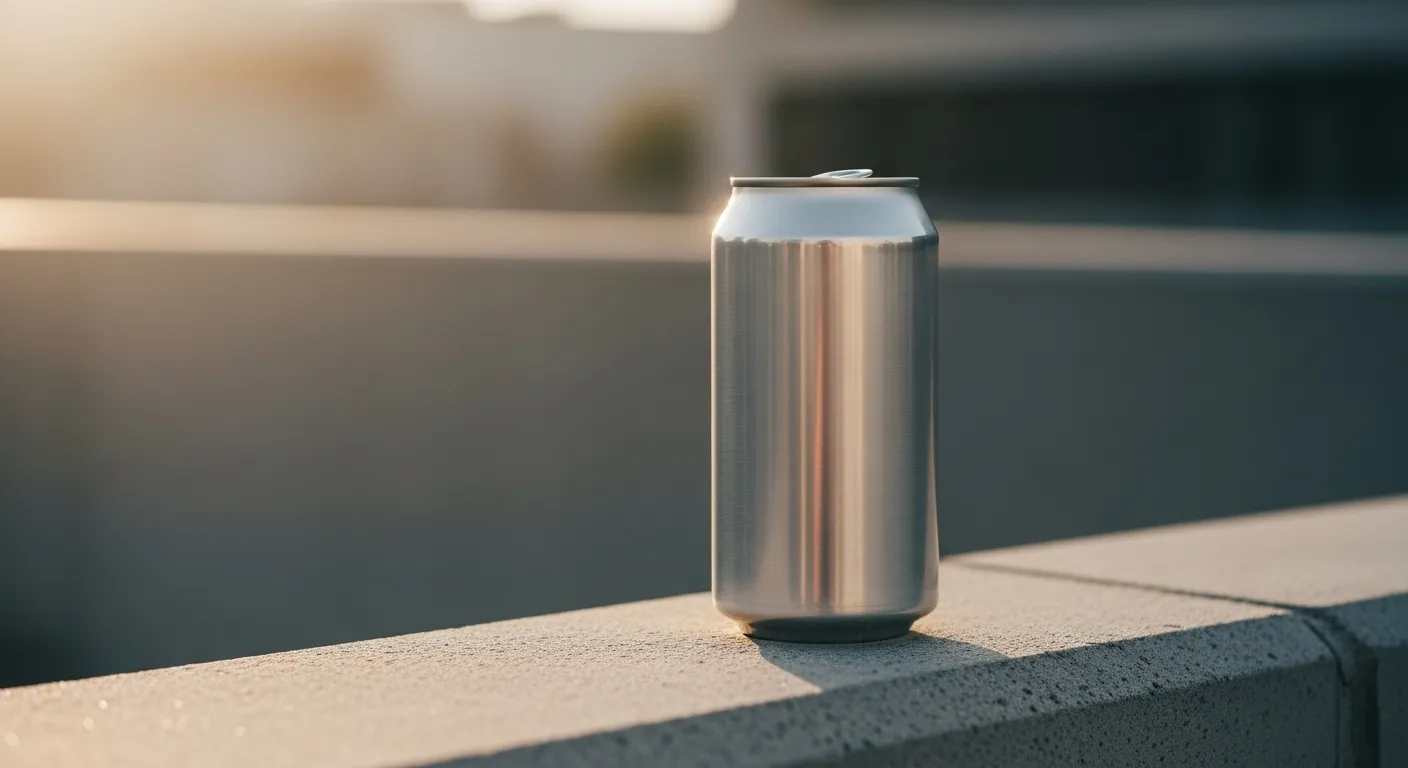
Aluminum cans are everywhere now—and they recycle better than plastic.
Aluminum water cans are infinitely recyclable7, lightweight, and have higher recycling rates than plastic.
Key Benefits
- Recycled at rates of 50–70% globally
- Lower shipping emissions due to weight
- Preserves water taste well
- Ideal for single-use settings (concerts, travel)
Not reusable, but much more eco-friendly than plastic bottles.
How Do Eco-Friendly Water Bottles Affect Taste and Durability?
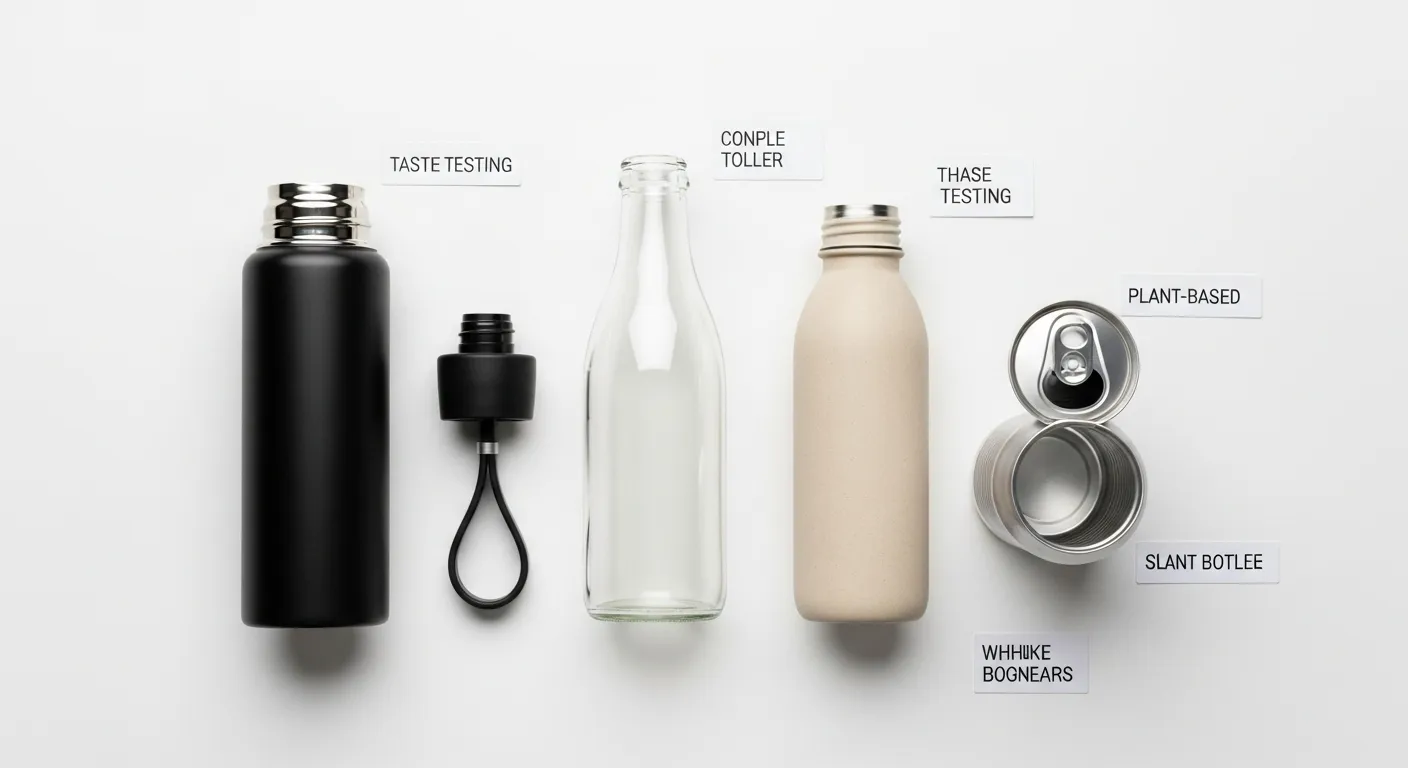
I’ve tasted water from every kind of bottle. Here’s what I noticed.
Glass and stainless steel preserve taste best, while plant-based or carton bottles8 can slightly alter flavor.
Taste & Durability Breakdown
| Material | Taste Impact | Durability |
|---|---|---|
| Stainless Steel | Neutral | Very High |
| Glass | Pure | Moderate |
| Boxed/Carton | Slight flavor | Low |
| Aluminum | Neutral | Moderate |
| Silicone | Slight aftertaste | Medium |
| BPA-Free Plastic | Varies | Moderate |
Choose based on what matters most—flavor, strength, or convenience.
Footnotes:
-
Compares the top sustainable bottle materials and how they impact the environment ↩
-
Explains why stainless steel is among the longest-lasting and eco-friendliest choices ↩
-
Outlines the recyclability and health safety of glass as a material ↩
-
Reviews the eco impact of carton water packaging vs. traditional bottles ↩
-
Breaks down how plant-based bottles are made and how they’re eco-friendlier ↩
-
Describes silicone’s flexibility, safety, and when it's best to use ↩
-
Details aluminum’s closed-loop recyclability and why it's greener than plastic ↩
-
Highlights how non-traditional materials can affect water taste ↩

